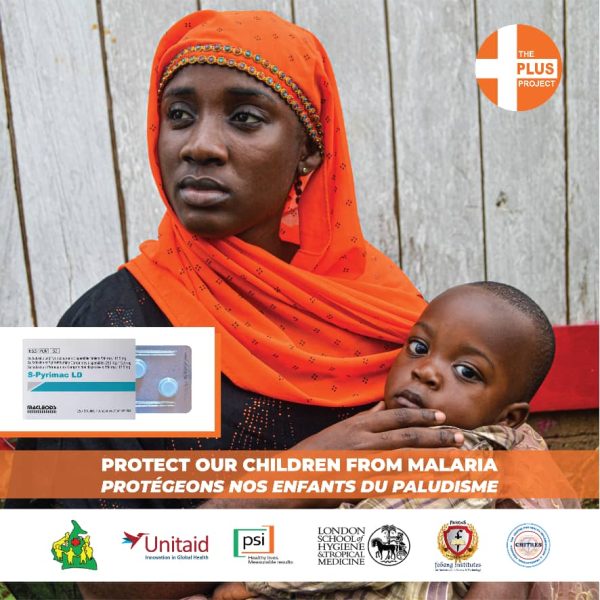The Centre for Health Implementation and Translational Research (CHITRES) stands at the forefront of transforming healthcare through the seamless integration of innovative research, strategic planning, and practical application. As a core division of the Fobang Institute for Innovations in Science and Technology (FINISTECH), we specialize in measuring and enhancing the impact of health interventions. Our multidisciplinary team combines rigorous scientific methodologies with real-world insights to bridge the gap between ground-breaking health solutions and their effective implementation. At CHITRES, we’re committed to driving meaningful improvements in patient outcomes and contributing to the advancement of global health through our pioneering work in implementation and translational research.
Since its creation, CHITRES has been dedicated to providing strategic support to research governance and assistance, as well as evidence-based decision-making in practice. With research focuses on host and pathogen genomics, the interaction between communicable and non-communicable diseases, epidemiology, public health, and disease dynamics, CHITRES serves as a resource and framework for the development of public health research methodologies, implementation of intervention research, and health economic evaluation.
We have established partnerships with national and multilateral organizations such as the Ministry of Public Health in Cameroon and several African countries, the World Health Organization (WHO), Unitaid, the London School of Hygiene and Tropical Medicine (LSHTM), Medicine for Malaria Ventures (MMV), the Global Alliance for Vaccines and Immunization (GAVI), the Clinton Health Access Initiative (CHAI), and Population Services International in the fight against various health problems and diseases, including malaria and COVID-19, as well as other health-related disparities. This report represents three years of progress, achievements, and key outcomes of our research program. One of our current projects in the field of malariology is the Plus Project, a multi-country collaboration aimed at informing the scale-up of Perennial Malaria Chemoprevention (PMC). The project, funded by Unitaid and PSI in collaboration with the National Malaria Control Programmes and the Expanded Programmes on Immunization in several African countries, is coordinated by the LSHTM. Its objective is to co-design, pilot, and evaluate country-adapted models of PMC.

Despite impressive gains in recent years, malaria continues to impose a large mortality and morbidity burden. In 2020, there were an estimated 241 million malaria cases and 627,000 deaths globally. Nearly all (94%) of these cases and deaths occurred in the World Health Organization (WHO) African Region. Children under two years old are estimated to account for one-third (36%) of global malaria deaths. In order to improve malaria control and move towards elimination, WHO has been expanding the antimalarial toolkit to include chemoprevention. Since 2007, the WHO has been recommending a growing list of chemoprevention, including intermittent preventive treatment of malaria in pregnancy (IPTp), seasonal malaria chemoprevention (SMC), and intermittent preventive treatment of malaria in infants (IPTi). The Plus Project will support delivery of PMC in 140 of the 300 public health facilities (and their outreach services) currently providing EPI in six districts of the Centre Region: Bafia, Nkolbisson, Soa, Ngoumou, Obala, and Ntui. Children from 0 to 36 months will be followed up in the passive and active cohort.
The Plus Project is a large multi-country project to inform the scale-up of PMC, funded by Unitaid, Population Services International (PSI) in collaboration with the National Malaria Control Programmes (NMCPs), Expanded Programmes on Immunisation (EPIs). These organisations and other stakeholders are supporting the implementation of PMC in four focus countries (Benin, Cameroon, Côte d’Ivoire and Mozambique). The model of PMC is slightly different for each country that is, the number of doses and EPI contact points through which PMC will be delivered differ. All countries will use the anti-malarial, Sulfadoxine-Pyrimethamine (SP) for PMC.
The Centre has for the past years been carrying practical laboratory sessions with students from the Departments of Biomedical Sciences and Food of the Fobang Institutes for Innovations in Science and Technology (FINISTECH). CHITRES is presently carrying out an evaluation of the implementation of PMC in the Centre Region of Cameroon, PLUS PROJECT.